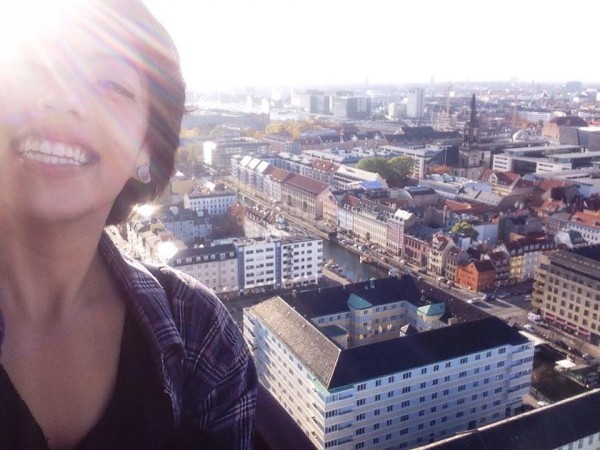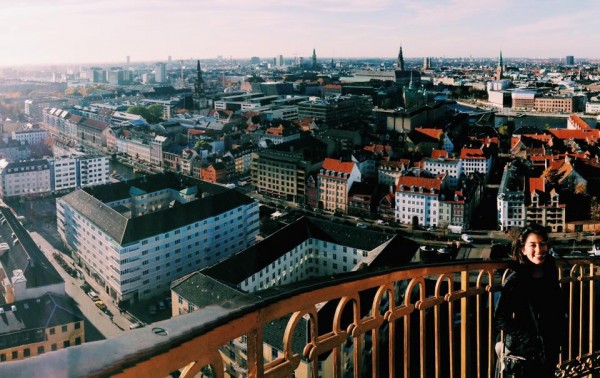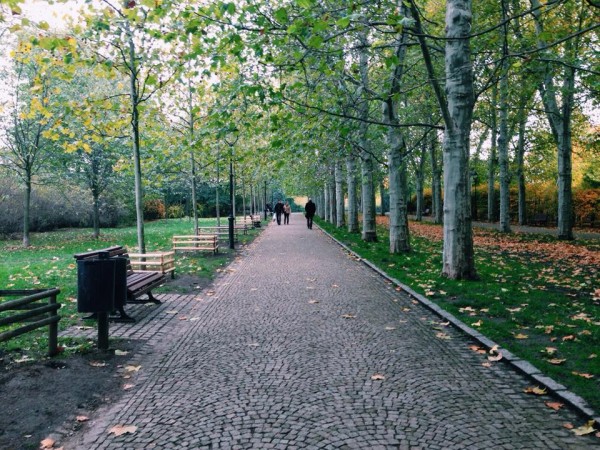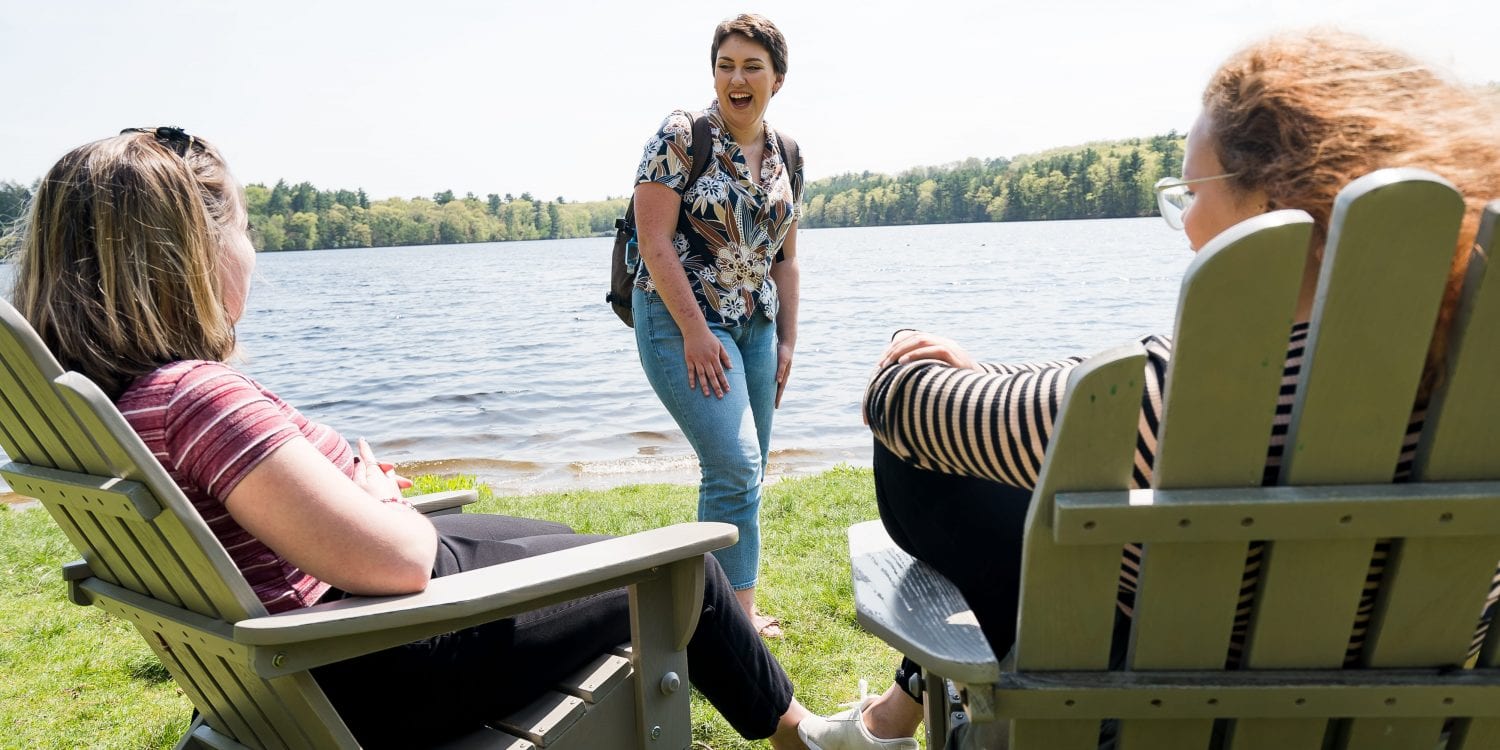So I’ve been living in Denmark for over two months. It’s strange because come to love so many things about life here that it feels like it’s been forever. But because of the long travel weeks that interrupt the schedule once a month, my time here feels really segmented. I just got back from Prague on Monday, and the week’s already over. Then I head to Brussels next Friday! What?! Where has the time gone…

It’s great being back in Copenhagen though. The weather’s been pretty good this week and I’ve spent time with my friends outdoors as much as possible when we’re not in class and the sun is out. Because we only ever have two consecutive weeks of class at a time, I feel really focused and motivated while classes are happening. Having Wednesdays off for field studies are great too – I’ve never experienced school like this, and I think it’s a great way to do college. The flaw is, for a language class, this kind of scheduling is not the best.

Needless to say, I am no where near being able to speak Danish. I know a few phrases, numbers, a couple extra words, and that’s about it. Danish class at DIS isn’t too focused on getting you to speak fluently; the teachers are focused on teaching you useful phrases but put much more emphasis on culture.
I’ve learned about the Law of Jante, a Scandinavian idea of social cohesion rooted in not standing out from others. Modesty is a key component of Danish culture – not to the point of self-detriment but to not show off and try to stand out from the crowd. You can see it in the clothes here even: I like Danish fashion because it’s a lot of monochrome colors and simple styles, but it does get very repetitive and bland when everyone is wearing the same shades of black, grey, and white.
Education in Denmark is also very different from what I’m used to. I think the amount of emphasis they put on everyone’s voices being heard is a bit much but also a unique approach. N.F.S. Grundtvig’s development of the folk high school in Denmark and his theories on education have also greatly influenced the schooling system in this country. Grundtvig believed in the importance of life-long, intrinsically motivated learning, and I think curriculums in primary and high schools are based on this idea. Danes are known for scoring fairly low on international scales for testing in math and sciences, but Danish students in general are more involved in (local) politics and have find more opportunities in their schools to develop and voice their own views.

Schools are also interested in instilling a strong sense of independence in children: Danes mature a lot earlier than Americans because of the responsibilities and freedoms they have from a young age. Because the state pays for your education and even gives you a stipend for being a student, it’s easier for teenagers and adults in their early twenties to be financially independent from their parents and other family members.
Oh in class today I also learned about Danish Open Prisons (look it up it’s so interesting) where inmates are treated like humans! what!! They have access to kitchens, cars, and wifi, guards don’t have weapons, they get free education just like everyone else in the country, families can frequently visit and even live with the inmate. It was unbelievable, especially after learning so much about the prisons in the United States and the horrendous issues of mass incarceration that exist in the States.
It makes sense because a semi-socialist society like Denmark can only be sustained if everyone tries and wants to be equal (to some degree). The welfare state helps sustain Danish culture as much as it’s a product of it.

Tomorrow I’m heading to Sweden (which is only a 40min train ride away) to have dinner with my boss from an internship at the U.S. Embassy in Tokyo last summer – she just had a baby!! My boss is such a wonderful person already and now she has a baby?? You see, I have to visit her. the baby craze is too real …
Hope you all have a great weekend and enjoy fall (if you have fall where you are) while it lasts!
